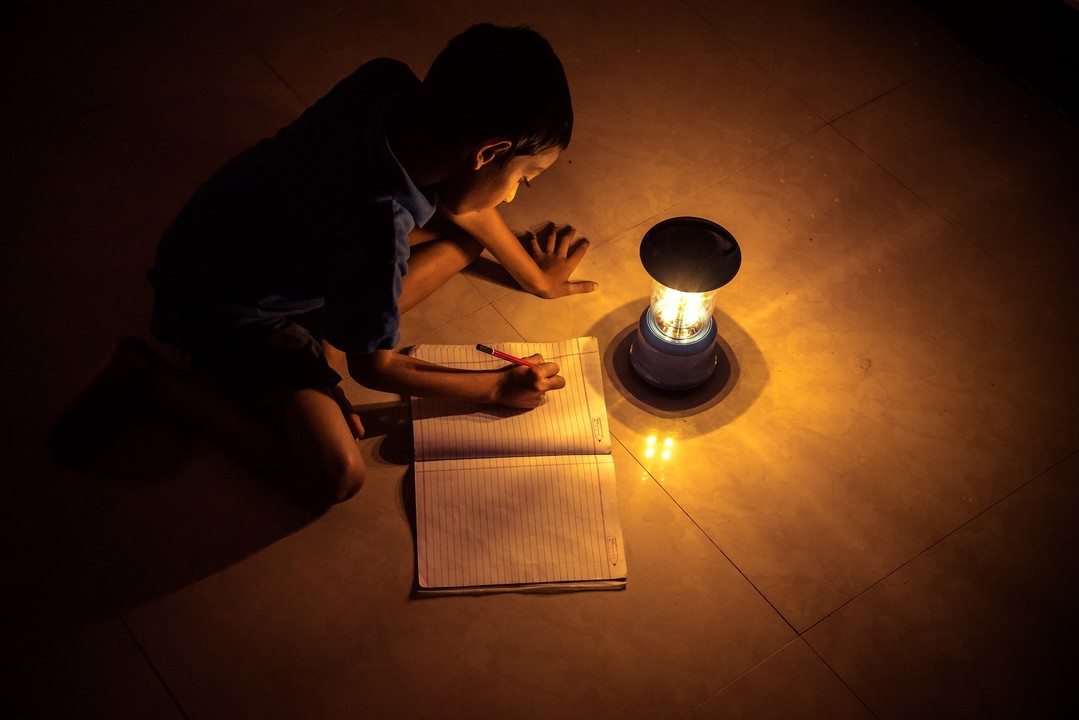During the heat dome that blanketed much of the Southeast in June, Stacey Freeman used window units to cool her poorly insulated mobile home in Fayetteville, North Carolina. Over the winter, the 44-year-old mom relied on space heaters.
In both instances, her energy bills reached hundreds of dollars a month.
“Sometimes I have to choose whether I’m going to pay the light bill,” Freeman said, “or do I pay all the rent or buy food or not let my son do a sport?”
As a regional field organizer for PowerUp NC, Freeman’s job is to help people properly weatherize their homes, particularly in the Sandhills region, where she lives and works and where poverty and rising temperatures make residents vulnerable to the health impacts of climate change.
But Freeman’s income is too high to benefit from the very services she helps others attain from that grassroots sustainability, clean energy, and environmental justice initiative.
Energy poverty can increase one’s exposure to extreme heat or cold, which raises the risk of developing respiratory issues, heart problems, allergies, kidney disorders, and other health conditions. And the burden falls disproportionately on households in communities of color, which experience it at a rate 60% greater than those in white communities.
Read more at CBSnews.com




